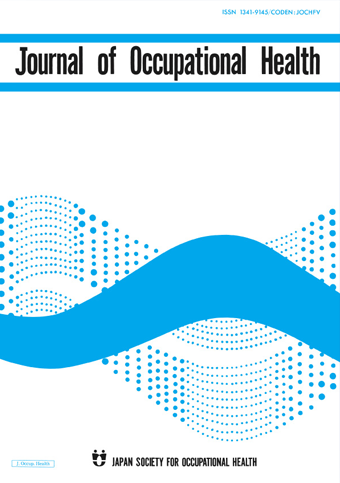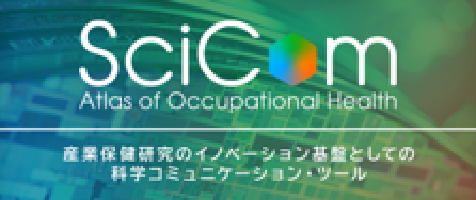Effects of Online Cognitive Behavioral Therapy on New Graduate Nurses with Depressive Symptoms
Cognitive behavior therapy (CBT) is known to improve depressive symptoms among people. In nurses who work in especially stressful and depressing environments, CBT can help transform negative and self-defeatist thoughts into more realistic ones. However, the effects of CBT on the depressive symptoms of new graduate nurses, who often face a “reality shock” (caused by discrepancies between the values learned in nursing schools and values of the workplace), have not been properly investigated until now. We aimed to bridge this gap by delivering an online CBT program (iCBT) and assessing its effects on the psychological outcomes of new graduate nurses.
Our iCBT was based on the principles of a previous face-to-face CBT program that had been successful. However, it was tailored to the needs of new nurses based on the insights that we gathered from experienced ones. It had six components, including one on cognitive restructuring which has become the hallmark of CBT. We included a component on assertiveness for the new nurses because we learned that it was something they struggled with.
We used a pre-post experimental design for our study. Nurses from 4 public hospitals and 2 other hospitals were invited to participate in it. 21 nurses finally received access to the iCBT, which was delivered over 6 weeks. Every component was taught with the help of illustrated stories. The nurses had to spend approximately 30 minutes per week to learn their lessons and complete an assignment for which they received feedback.
We used the Japanese versions of four self-reporting questionnaires to assess the psychological outcomes. The Beck Depression Inventory II was used to assess depressive symptoms. Kessler’s Psychological Distress Scale was used to assess the nurses’ emotional states. Two other questionnaires were used to gauge if the nurses had a dysfunctional attitude and to get a sense of how they perceived their own knowledge of and self-efficacy for the iCBT.
Our study found that the iCBT did not significantly impact the depressive symptoms, psychological distress, or the dysfunctional attitude of the new nurses. It did, however, have a significant or marginally significant effect on the knowledge of and self-efficacy for the iCBT components among the nurses.
There are numerous explanations for these findings. For instance, the intensity of the iCBT was too low or the nurses were too busy. In any case, our findings suggest that the content of the iCBT can be improved and delivered more efficiently in the future.
Link to the original journal article:
https://www.jstage.jst.go.jp/article/eohp/2/1/2_2019-0020-OA/_article
Effects of internet-based cognitive behavioral therapy on depressive symptoms among new graduate nurses: a pilot study
Kazuto Kuribayashi, Kotaro Imamura, Masahito Tokita, Akihito Shimazu, Norito Kawakami
Here are some ways you can make it easier for your plain-language summary to be discovered once it has been published:
- Upload the summary on your personal, lab/research group, or university website.
- Share the published content with peers and colleagues through your personal social media accounts (Facebook, Twitter, Blogs, and LinkedIn). Link this back to the journal’s social media promotions for your paper.
- Include the link to the published post in your email signature line.
News & Announcement
-
Mar 14, 2025EOH-P has been listed on PMC/PubMed!The articles published in EOH-P have been registered with PMC/PubMed, the U.S. Nation...
-
Jun 11, 2021Lay Summary page open!Lay Summary page provides you article summaries in order of study categories. You can...
-
Oct 1, 2019EOH-P is now released!The Environmental and Occupational Health Practice (EOH-P) has been released. Please ...
Journal Info
Average 46.14 days from submission to first decision
Average 120.95 days from submission to acceptance







